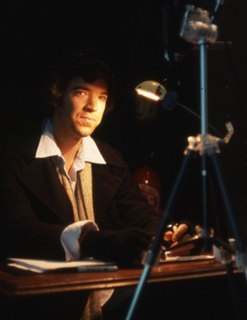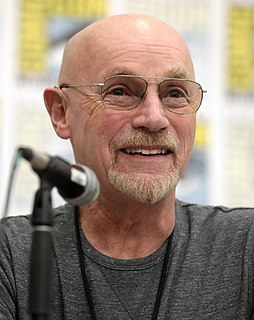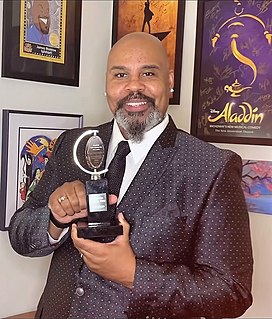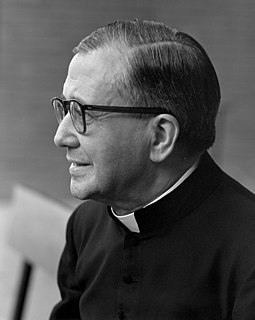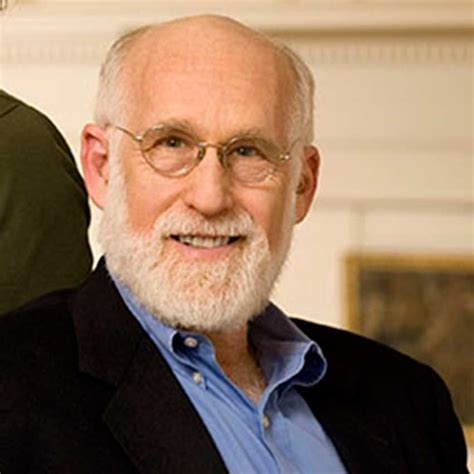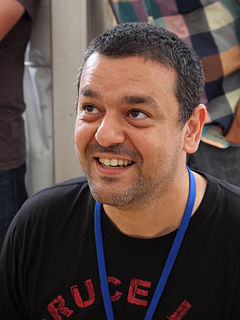A Quote by Lev Yilmaz
Even in a gleefully negative comic, there is optimism, although it's slightly hidden: It comes out through a comic character's sheer tenacity. He keeps going and trying to find some sort of fulfillment regardless of his perpetual failure record. That's a form of hope, a form of optimism. Really hokey I know, but it's true.
Related Quotes
Almost any tale of our doings is comic. We are bottomlessly comic to each other. Even the most adored and beloved person is comic to his lover. The novel is a comic form. Language is a comic form, and makes jokes in its sleep. God, if He existed, would laugh at His creation. Yet it is also the case that life is horrible, without metaphysical sense, wrecked by chance, pain and the close prospect of death. Out of this is born irony, our dangerous and necessary tool.
When I started in the comic book business, 'Art Of' books were strictly the provenance of the greats, like Rembrandt and Da Vinci. But times change, and so do attitudes. Now the comic is considered an art form, and I hope 'A Life in Words and Pictures' contributes a little to that art form's history.
Comic books sort of follow with the move - if people see the movie and if they're interested in the character and want to see more of the character, they start buying the comic books. So a good movie helps the sale of the comic books and the comic books help the movie and one hand washes the other. So, I don't think there's any reason to think that comics will die out.
Yes, I am one of those people who feels that most of my work is adaptation of one sort or another. For me, it's a way to jump-start the engine. For example, some people use the technique of basing a character on a friend. They start writing with his or her voice, then at a certain point, the character takes off on his or her own. It probably no longer resembles the model, but it helped the author to get going. I find that's true of form, too. For every play I've written, I know what play I was trying to imitate. That helps me get going.
I always keep some form of cartoon or comic book with me, especially Batman - he's my favorite. The reason I keep them around is that it keeps the kid in me alive. Some older folks, they like to drink - can't wait to get old. Me? I like to stay young. I know I'm going to be get older, but I can at least be young at heart so I read these comic books so I keep myself right on that level of kid to keep me having fun on stage.
There are really two kinds of optimism. There's the complacent, Pollyanna optimism that says, 'Don't worry - everything will be just fine,' and that allows one to just lay back and do nothing about the problems around you. Then there's what we call dynamic optimism. That's an optimism based on action.
There are really two kinds of optimism. There's the complacent, Pollyanna optimism that says "don't worry - everything will be just fine" and that allows one to just lay back and do nothing about the problems around you. Then there's what we call dynamic optimism. That's an optimism based on action.
The documentary photographer aims his camera at the real world to record truthfulness. At the same time, he must strive for form, to devise effective ways of organizing and using the material. For content and form are interrelated. The problems presented by content and form must be so developed that the result is fundimentally [sic] true to the realities of life as we know it. The chief problem is to find a form that adequately represents the reality.
Christian optimism is not a sugary optimism, nor is it a mere human confidence that everything will turn out all right. It is an optimism that sinks its roots into an awareness of our freedom, and the sure knowledge of the power of grace. It is an optimism that leads us to make demands on ourselves, to struggle to respond at every moment to God's call.
Through death you find yourself, because you no longer identify with form. You realize you are not the form with which you had identified neither the physical nor the psychological form of "me". That form goes. It dissolves and who you are beyond form emerges through the opening where that form was. One could almost say that every form of life obscures God.
But black folks have never really been optimists. We've been prisoners of hope, and hope is qualitatively different from optimism in the way that there's a difference between The Blues and Lawrence Welk. The Blues and Jazz have to do with hope while the other is sugarcoated music which has to do with sentimental optimism.
Preparing the animation is close to the comic book process but there are plenty of problems. It's very interesting, but it's also sometimes a pain in the arse, especially because it's so very long. Something that takes 10 minutes in comic book form can take 10 months in film form. But I love the results.
